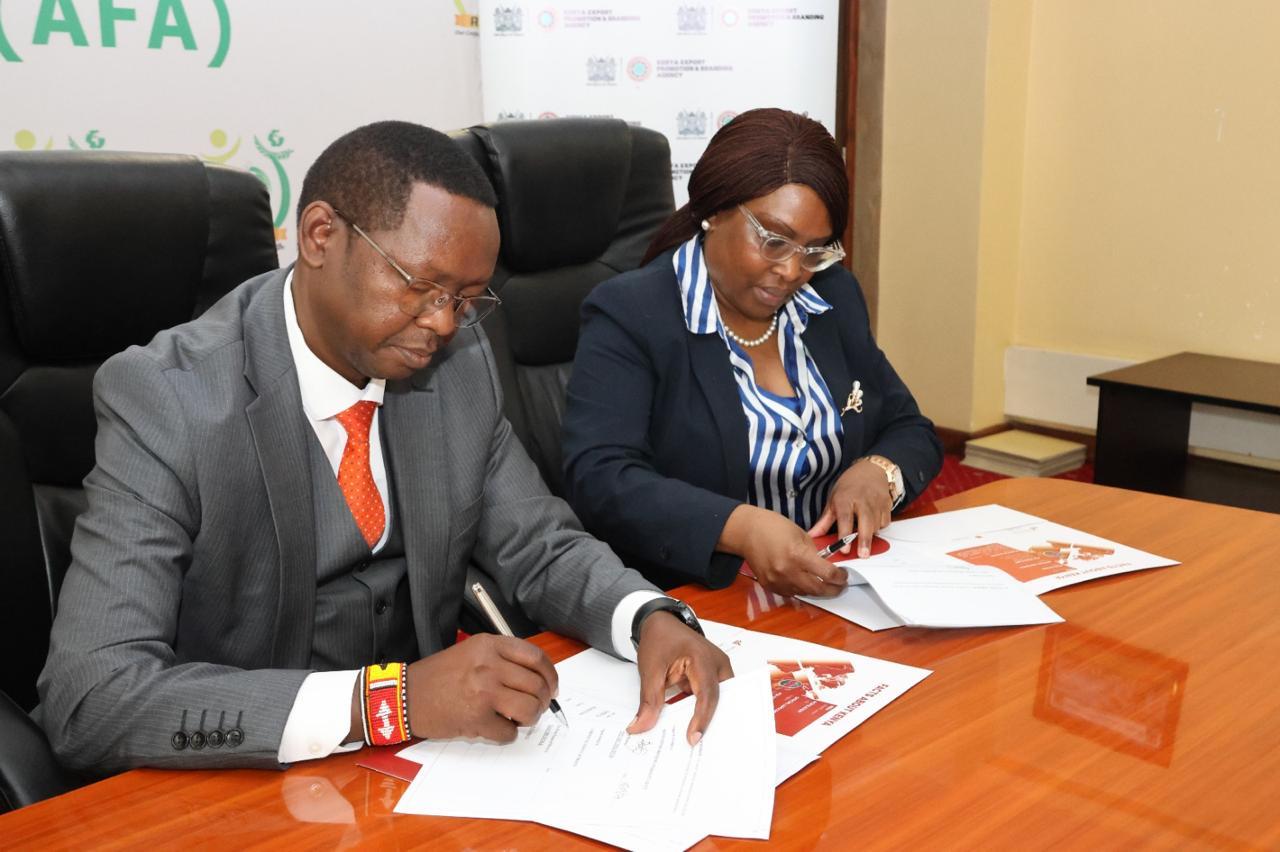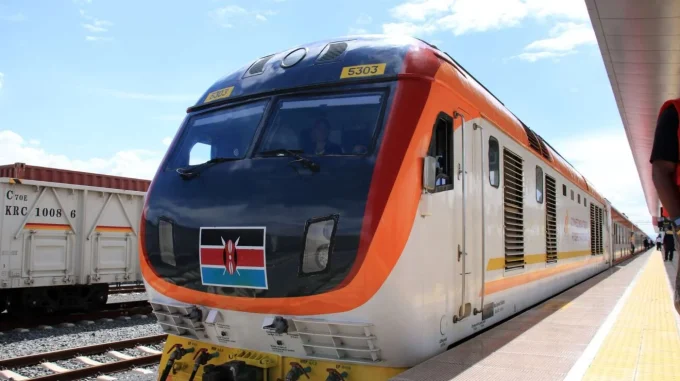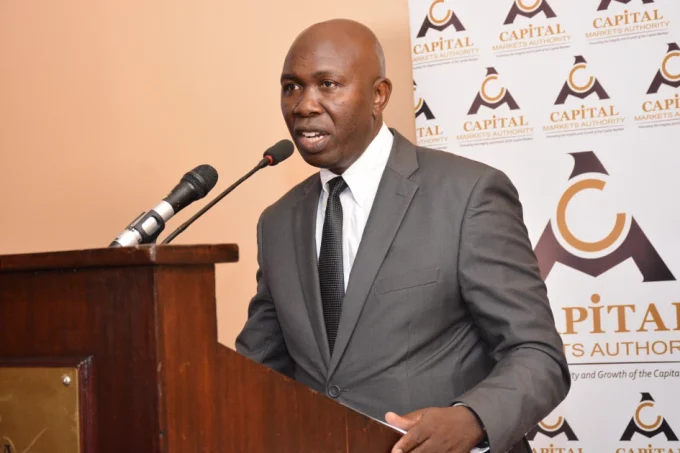The Kenya Export Promotion and Branding Agency (KEPROBA) and Agriculture and the Coffee Directorate of Agriculture and Food Authority (AFA) have signed an agreement to coordinate marketing efforts in emerging and established coffee markets.
The two institutions have been actively working together in implementing trade promotion initiatives to expand and diversify Kenya’s coffee exports into key markets. “This collaboration aligns our goals with KEPROBA’s export promotion efforts, to tackle key challenges related to capacity building, broadening Kenya’s export range, product development, and market access,” said Ms Floice Mukabana, KEPROBA’s CEO.
Ms Mukabana said the partnership will equip local coffee producers with the skills, knowledge, and opportunities needed to succeed in the global market. “Kenya’s coffee is a symbol of our nation’s rich heritage, exceptional quality, and sustainable practices,” Mukabana said. “Coffee is a nation brand driver that allows our consumers to savour a world-class beverage, that is grown sustainably through a legacy of craftsmanship and a commitment to environmental stewardship.”
Kenyan coffee exports have seen variations since 2016, largely due to reduced productivity. This decline is linked to shrinking coffee-growing areas as land use has shifted, coupled with rising production costs, unpredictable coffee prices, and inconsistent weather patterns. Additionally, 97% of Kenya’s coffee has been exported as raw green beans, with the country heavily depending on traditional markets, leading to a decrease in total revenue.
Despite facing these challenges, the Kenyan coffee sector has shown signs of growth in recent years. Several factors have contributed to this positive trajectory including increased coffee production from 34,511 Metric Tonnes (MT) in 202/21 to 51,853 Metric Tonnes MT in 2021/2022, increased direct sales to international buyers, and reduced reliance on traditional markets to new markets such as Korea, Japan.
Notably, government support through implementing coffee reforms and the disbursement of the Direct Settlement System (DSS) through the Nairobi Coffee Exchange has also contributed to the growth of the sector.
The collaboration between KEPROBA and AFA aims to enhance Kenya’s coffee value chain for increased participation in export trade, boosting the country’s contribution to national development and economic transformation.
The Director General, AFA, Dr Bruno Linyiru, said the teams will implement a coordinated approach towards marketing of Kenyan coffee locally and internationally. “Apart from promoting Kenyan coffee internationally, we need to encourage local consumption of coffee. Looking at leading coffee producing countries such as Ethiopia and Columbia, drinking coffee is part of the local culture. We need to do this in Kenya as coffee is a key product,” Mr Linyiru said.
> President Ruto Calls for Reforms at the UN Security Council













Leave a comment